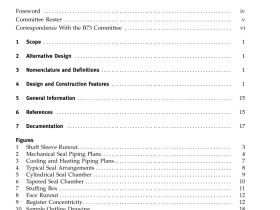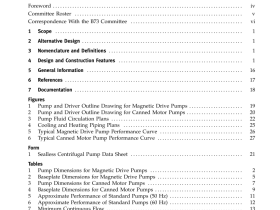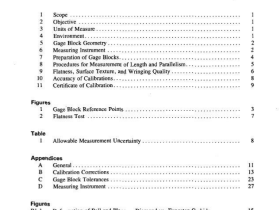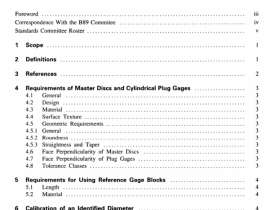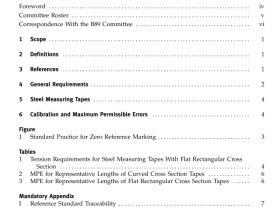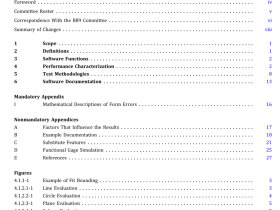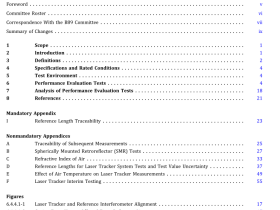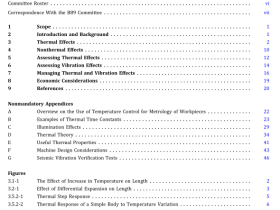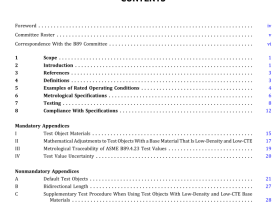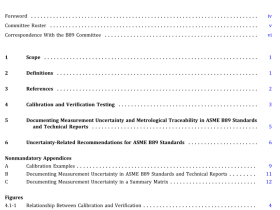ASME B29 pdf download
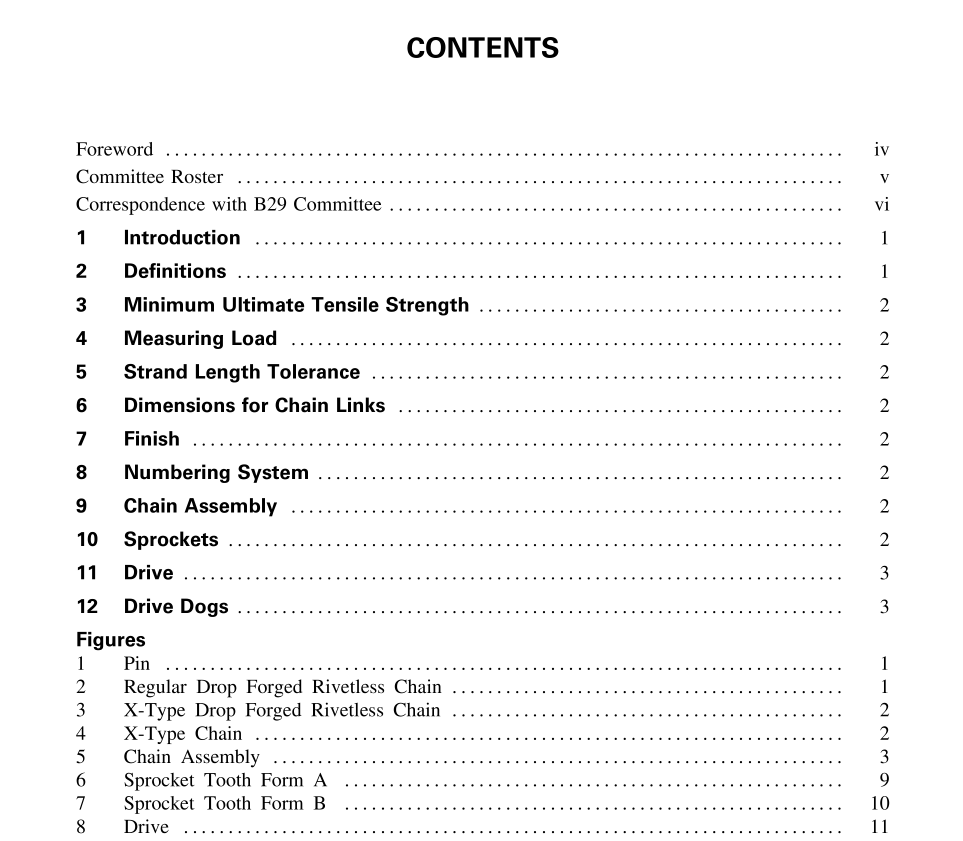
ASME B29 pdf download DROP FORGED RIVETLESS CHAINS, SPROCKET TEETH DRIVE CHAIN/ DRIVE DOGS
1 INTRODUCTION
The drop forged rivetless chain has widespread usein many industries on trolleys, scraper flights,assembly,and similar conveyors. Because materials do not tendto pack in its open structure, the drop forged rivetlesschain is used extensively for flight conveyors. Its designpermits both horizontal and vertical operation overirregular routes,making it particularly acceptable fortrolley conveyor service.
2 DEFINITIONS
drop forged rivetless chain: chain made from dropforged steel parts that are heat treated and are propor-tioned for high strength and comparative light weight.lts simple design permits assembly or dismantling byhand and this chain is available in three general typesas illustrated and described (see regular drop forgedrivetless chain,X-rype chain,and modified X-type riv-eiless chain). Numerous attachments are available tosuit a wide variety of applications including trolleyconveyor service.
pin:part forged symmetrically with T-heads on bothends that lock into the sidebars (see Fig. 1).
regular drop forged rivetless chain: chain used forgeneral applications where minimal side flexing is
required (see Fig. 2). Attachments are available formounting on center links or on extended pins.
sidebar:part made with a center panel that acts asa shield to reduce material falling through the link andprovides strength. The center panel is provided with acenter drainage hole (see Fig. 3).
X-type chain:chain with greater side-flexing capabili-ties compared to regular chain (see Figs. 3 and 4).modified X-type rivetless chain: chain with the samefeature as x-type (see Fig. 4); additionally,modifiedX-type has a controlled area,C, on the center linkthat helps prevent movement of attachments, which maybe mounted to the center link (see Fig. 5, dimension C.)
3 MINIMUM ULTIMATE TENSILE STRENGTHMinimum Ultimate Tensile Strength (M.U.T.S.) forchains covered by this Standard, is the minimum forceat which an unused,undamaged chain could fail whensubjected to a single tensile loading test.
(a) WARNING: The minimum ultimate tensilestrength is NoT a “working load.”The M.U.T.S.greatly exceeds the maximum force that may be appliedto the chain.
(b) Test procedure.A tensile force is slowly applied,in uniaxial direction,to the ends of the chain sample.(c) The tensile test is a destructive test. Even thoughthe chain may not visibly fail when subjected to theminimun ultinate tensile force,it will have been dam-aged and will be unfit for service.
The values adopted for this Standard are for heat-treated medium carbon steel chain only.Medium carbonsteels not in the heat-treated condition are not coveredby this Standard.
Chains produced of other materials not covered inthis Standard (alloys,stainless steel) or by casting orfabricating will also have significantly different valuesof M.U.T.S.
